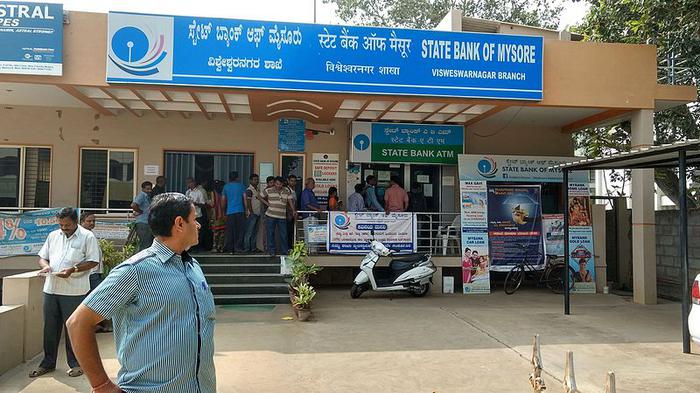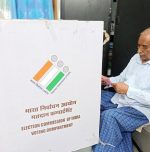A new turn in political funding transparency

In a significant move, the State Bank of India (SBI) handed over detailed records of electoral bonds to the Election Commission of India (ECI), adhering to a Supreme Court directive.
This development, following the apex court’s refusal to extend SBI’s deadline beyond March 12, underscores a critical juncture in India’s approach to political funding transparency.
Electoral bonds, introduced in 2017, emerged as an innovative financial mechanism allowing anonymous contributions to political parties.
These instruments are purchasable from SBI and aim to cleanse the political funding system. They offer anonymity while ensuring contributions are tax-exempt and unlimited in number.
To be eligible, political entities needed to secure at least 1% of votes in the previous election, underlining a measure of electoral legitimacy.
However, the Supreme Court’s intervention, led by Chief Justice DY Chandrachud, pivots on concerns over the bonds’ anonymity feature.
The judicial body’s directive to make bond-related information public by March 15 marks a pivotal moment in addressing the opacity shrouding donor identities and their potential influence on the political landscape.
This action is a fallout from a landmark judgment last month where the Supreme Court invalidated the electoral bonds scheme, citing a violation of the right to information.
The court’s scrutiny reflects growing unease about the potential for misuse, despite the scheme’s original intent to foster transparency in political donations.
By directing the ECI to release details on bond transactions, the judiciary is pushing for a more transparent political funding model, challenging the existing framework that permits anonymous contributions.
This significant judicial intervention seeks to realign the electoral bonds scheme with the foundational democratic principle of transparency. Also, it ensures that the electorate is informed about the financial backers of political parties.
The unfolding scenario represents a watershed moment in the evolution of political funding in India. It prompts a reevaluation of the balance between donor anonymity and the public’s right to information.
As the ECI prepares to disclose the bond details, the nation watches closely, anticipating the implications for political funding transparency and democratic accountability.
Image Credit: Agastya Chandrakant, CC BY-SA 4.0, via Wikimedia Commons
You may also like
Image Reference: https://commons.wikimedia.org/wiki/File:Rush_in_front_of_SBI_bank.jpg
Recent Posts
- Nourishing your body through pancreatic cancer treatmentDigestion may change during treatment. Soft, chopped or boiled foods are easier to handle.
- Tips to keep your money safe when ATM card stuck in the machineActing quickly and responsibly can protect your bank account and prevent any financial loss.
- Bank of Baroda recruitment 2025: Apply for 82 managerial postsThe bank released the notification to hire skilled professionals on a fixed-term contract.
- Nourishing your body through pancreatic cancer treatment
What’s new at WeRIndia.com
News from 700+ sources
-
Telangana To Raise Rs 5,000 Crore Loan To Pay High Cost Debt
-
Trump Accuses Ukraine of Ingratitude As Officials Meet in Geneva on US Peace Plan
-
MLAs Play Key Role in Finalisation of DCC Posts
-
Shah hails police, NCB for seizing 262-crore drugs, busting cartel
-
Protesters demand clean air amid worsening pollution; 5 detained
-
Asad Emphasises Love for Motherland
-
WeRIndia – A News Aggregator
Visit werindia.com for all types of National | Business | World | Politics | Entertainment | Health related news and much more..










Leave a Reply